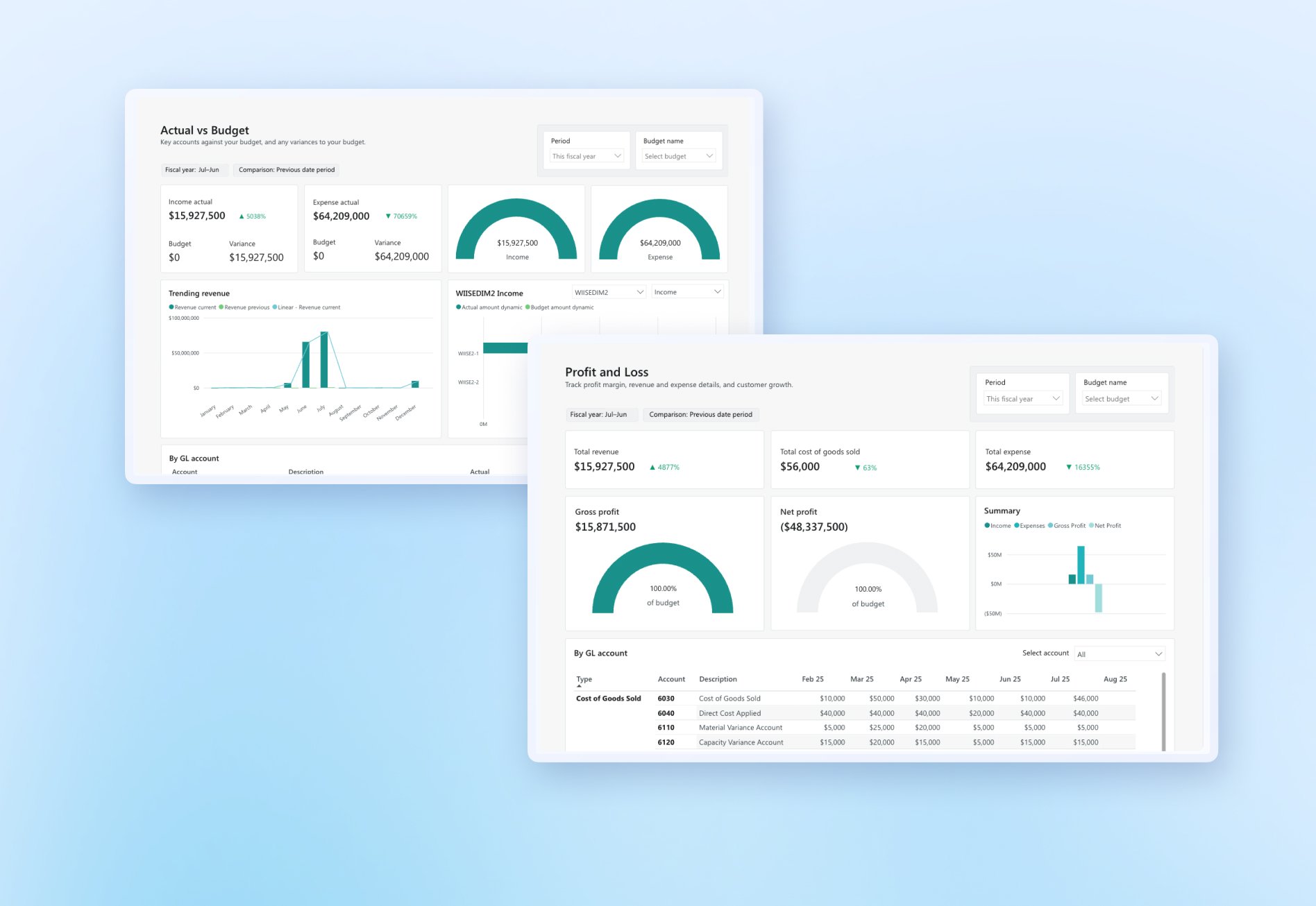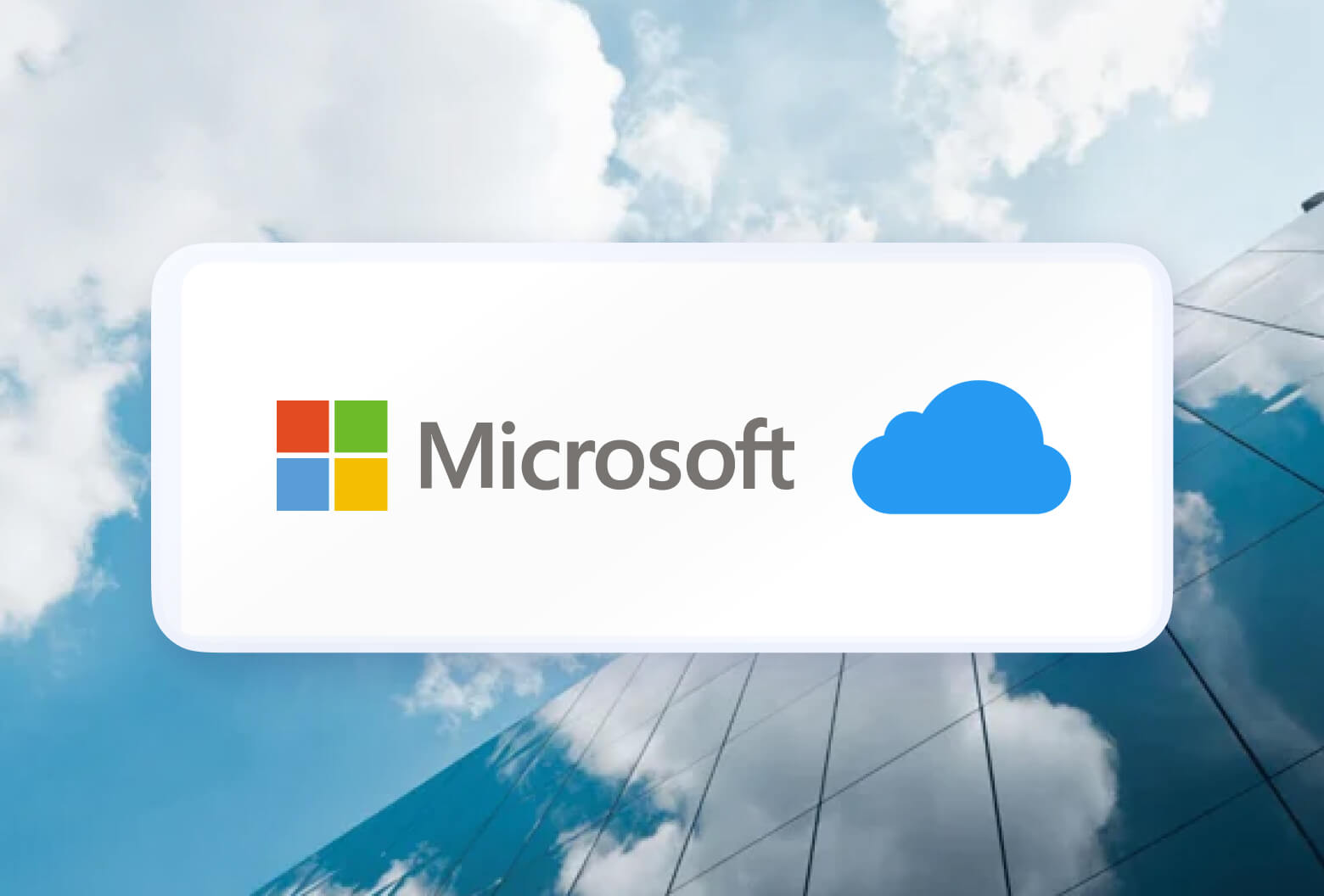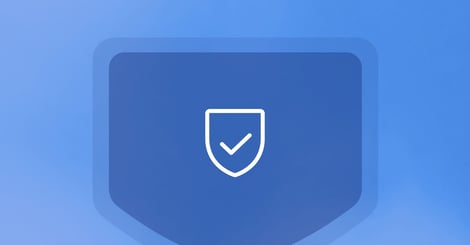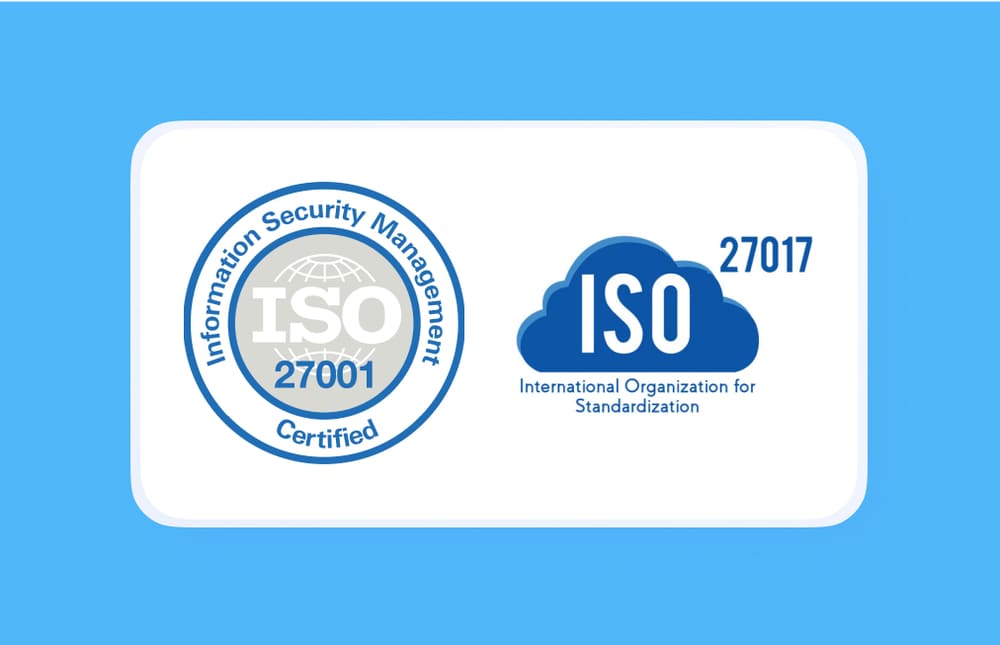Hosted on Microsoft's public cloud
Wiise is built on top of Microsoft Dynamics 365 Business Central which is hosted on the public cloud through Microsoft's Azure platform.
Hosted on Azure, Wiise benefits from automatic updates, high scalability, robust security, and compliance with industry standards. Azure’s global data centres ensure improved performance and compliance with local data residency requirements.









